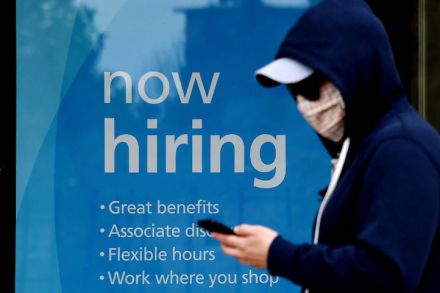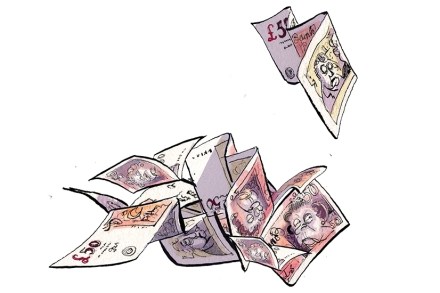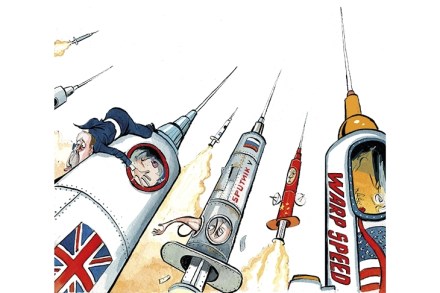Why did unemployment dip as Covid restrictions tightened?
Slowly but surely, forecasts for unemployment in the UK have been revised downwards. Alongside Rishi Sunak’s Budget earlier this month, the Office for Budget Responsibility significantly changed their prediction for peak unemployment: from the 11.9 per cent predicted in the July forecast down to 6.5 per cent. This was spurred on by an extension of the furlough scheme, a growing economic resilience to lockdowns and, of course, the spectacular rollout of the vaccines (over half the adult population has now been vaccinated with at least one dose). But the latest update from the Office for National Statistics, published today, has provided an early surprise. The headline unemployment figure has fallen slightly again: from 5.1




















